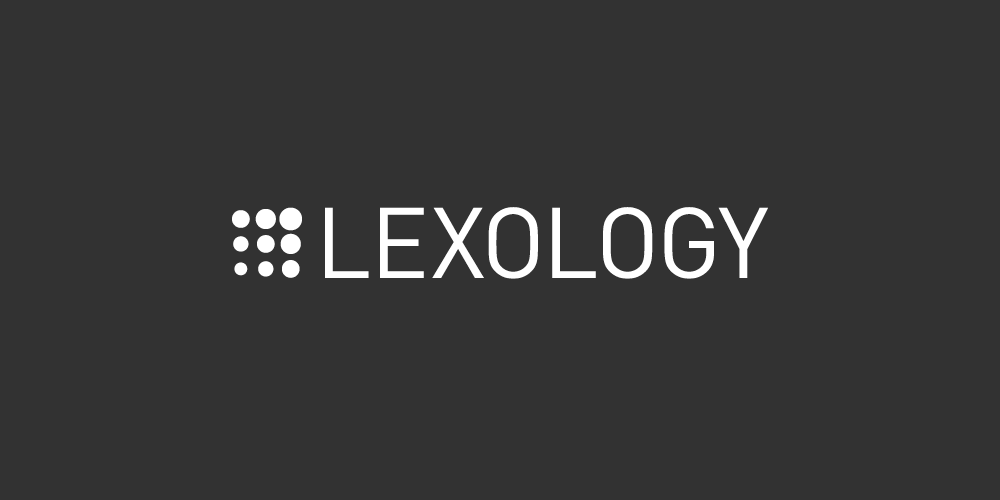Review your content’s performance and reach.
Become your target audience’s go-to resource for today’s hottest topics.
Understand your clients’ strategies and the most pressing issues they are facing.
Keep a step ahead of your key competitors and benchmark against them.
add to folder:
Questions? Please contact [email protected]
In the past when one purchased an NFT, the only expectation was that he or she was purchasing rights in an asset (usually a digital artwork).
These days however, NFT projects offer holders of their NFTs ("Holders") membership in a community and various real-life benefits. Some NFT projects have gone so far as to offer physical space to Holders and market themselves as social clubs with curated memberships. In other projects, groups of Holders have come together to form committees to arrange events for other Holders.
As NFT projects move further in this direction, there is a need for founders of these projects ("Founders") to consider legal requirements relating to societies and the implementation of a set of terms governing the relationship between themselves and their Holders to protect themselves from legal risk, and to provide certainty to their Holders.
As a Founder, why do I have to care about implementing a set of terms?
Where an NFT Project only involves the sale of digital art in the form of an NFT, a full terms and conditions are arguably less critical to adopt than if you are offering services as part of the sale of your NFT. In the latter, parties are now engaging each other for the provision of services over an extended period of time and it is important for each parties’ rights and obligations to be set out clearly at the outset.
A clear set of terms and conditions can provide legal certainty in relation to the following (just to name a few):
Some of these terms mirror those found within a constitution and rules and regulations of a regular club, but the nature of NFT project-driven communities require the consideration of various scenarios that a regular club would not encounter.
Take for example a situation where there are pre-approved Holders who have been issued "soul-bound" NFTs (i.e. NFTs that are wallet-specific and cannot be transferred), and Founders intend for only Holders who are pre-approved to enjoy the physical space or other benefits and utility. Without a proper set of terms, the Founder may have difficulty claiming that someone who was not pre-approved but possesses the "soul-bound" NFT by obtaining the wallet of someone who was pre-approved is not entitled to the benefits of any other Holder.
Another consideration relates to the international reach of NFTs. There is a trend of Holders within a specific country banding together to arrange events and utility for the other Holders within the jurisdiction. As a Founder, you may want to set out guidelines and boundaries to the Holders’ abilities to do this to prevent dilution to your brand.
I have stated some of these rules on my website, Discord channel community rules and in my marketing material. Isn’t that enough?
In short, no. Variations in the wording used on your website, tweets and Discord posts can affect your case in the event of a dispute. In addition, a Holder who purchased your NFT from a third-party marketplace such as Opensea may claim to not be bound by the wording on your website as he or she has not seen or agreed to them.
If well implemented, a single set of terms will enable you to avoid disputes as to whether a statement made is in fact binding, and prevent claims of misrepresentation. Steps would need to be taken to ensure that Holders agreed to the terms before being offered the community benefits. This is a process well established in Web2 which should not be forsaken by Web3 communities.
Is there anything else that as an NFT Founder I need to think about when creating a community with physical club premises?
Regulatory approvals may be required for the establishment of physical club premises. In Singapore, an NFT community may have to register as a society under the Societies Act if it starts to take on the characteristics of a club. Depending on the services that you intend to offer on the premises there may be other regulatory approvals required.
add to folder:
If you would like to learn how Lexology can drive your content marketing strategy forward, please email [email protected].
© Copyright 2006 – 2022 Law Business Research


